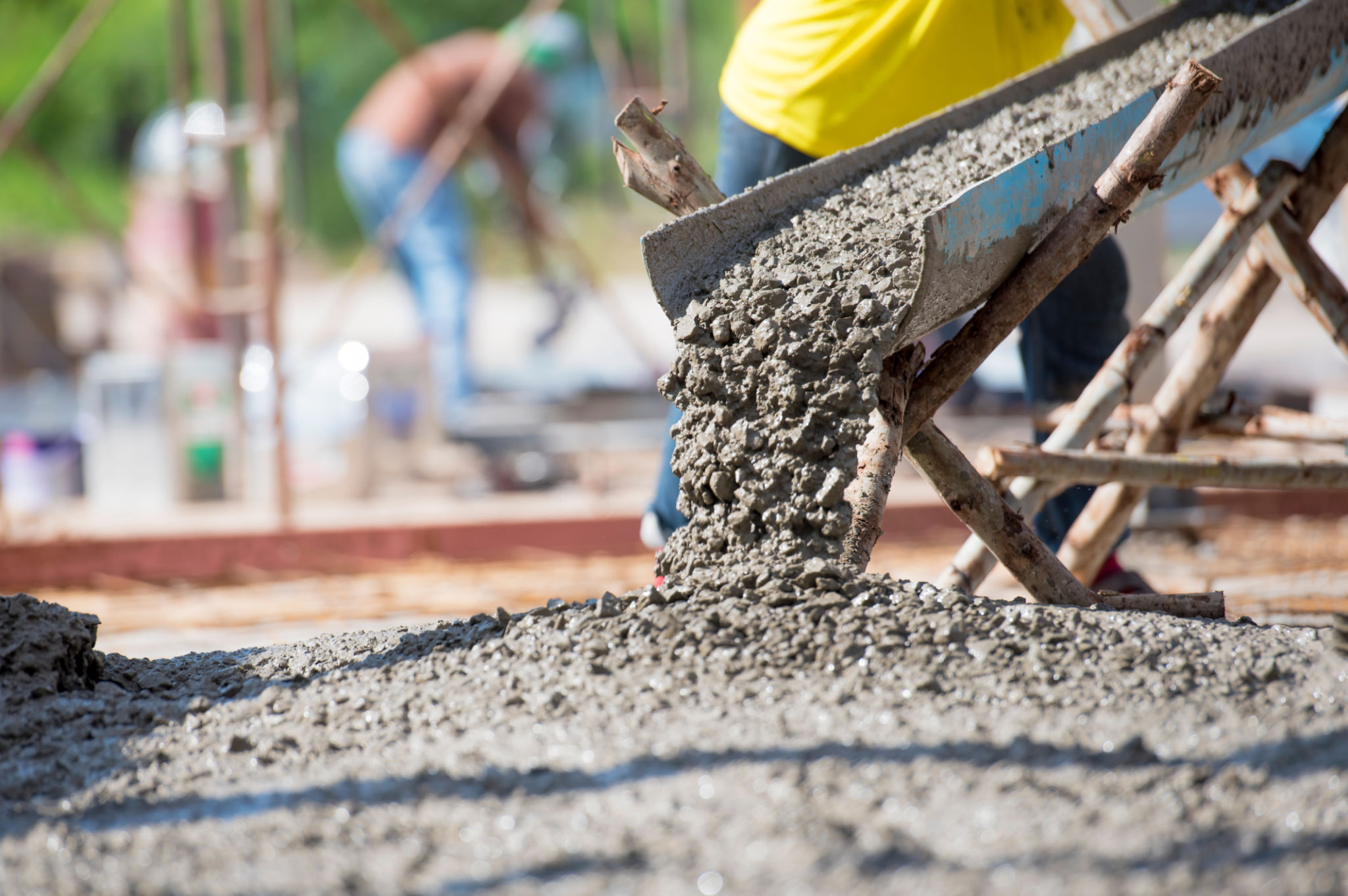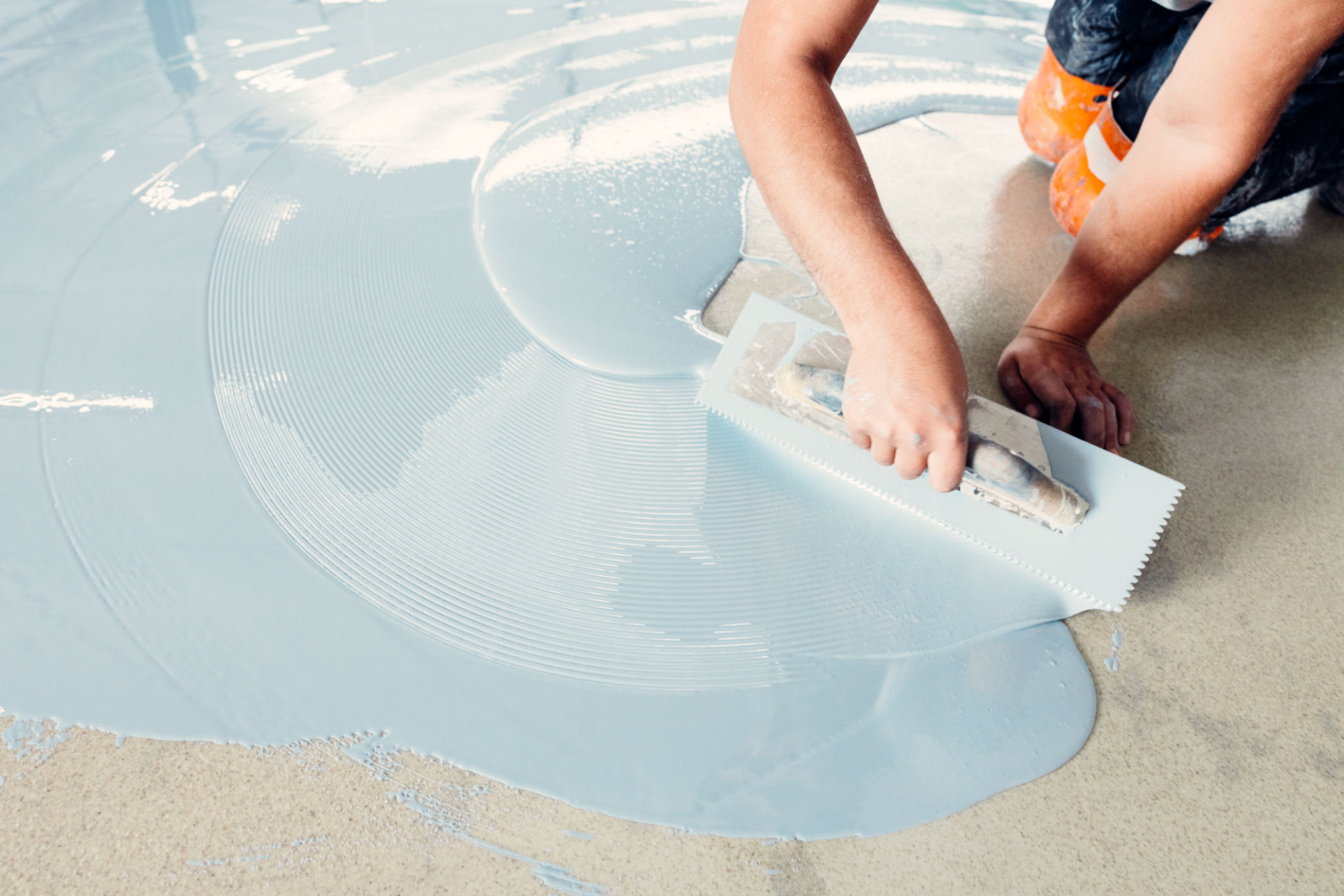Common Myths About Concrete Slabs Debunked by Industry Experts
Understanding Concrete Slabs
Concrete slabs are a fundamental component in construction, providing the sturdy foundation for buildings, sidewalks, and various structures. Despite their ubiquitous nature, several misconceptions surround their use and durability. To clear up the confusion, industry experts have weighed in to debunk some of the most common myths about concrete slabs.
Myth 1: Concrete Slabs Are Indestructible
One of the most prevalent myths is that concrete slabs are indestructible. While concrete is incredibly strong, it is not immune to damage. Factors such as poor installation, environmental conditions, and lack of maintenance can lead to cracks and deterioration over time.

Regular inspections and maintenance can significantly enhance the lifespan of a concrete slab. Addressing minor issues early on can prevent more severe damage and ensure the slab remains functional for years to come.
Myth 2: All Concrete Slabs Are Created Equal
Another common misconception is that all concrete slabs are the same. In reality, concrete mixes can vary significantly, affecting the strength and durability of the slab. The mix design, which includes the type of cement, aggregates, and water-to-cement ratio, plays a crucial role in determining the slab's properties.
It's essential to choose the right mix for your specific project needs. Consulting with experts can help ensure that the chosen concrete mix will meet the structural demands of your construction project.

Myth 3: Concrete Slabs Are Maintenance-Free
Some people believe that once a concrete slab is installed, it requires no further attention. This is far from the truth. Like any other component in construction, concrete slabs benefit from regular maintenance.
- Seal cracks promptly to prevent moisture intrusion.
- Clean the surface to remove dirt and debris.
- Apply sealants to protect against weathering and chemical exposure.

Myth 4: Thicker Slabs Are Always Better
The notion that thicker slabs are inherently better is misleading. While thickness can contribute to strength, it's not the only factor to consider. The intended use of the slab, soil conditions, and load requirements must all be taken into account when determining the appropriate thickness.
A well-designed thin slab may perform better than a poorly constructed thicker slab. Engineers and architects can provide guidance on the optimal thickness for your specific application.
The Importance of Professional Guidance
Ultimately, debunking these myths highlights the importance of professional guidance when dealing with concrete slabs. Industry experts possess the knowledge and experience necessary to ensure that your concrete structures are built to last.
By understanding the realities of concrete slabs, property owners and contractors can make informed decisions that will enhance the durability and longevity of their projects. Investing in quality materials, proper installation, and regular maintenance can prevent costly repairs down the road.